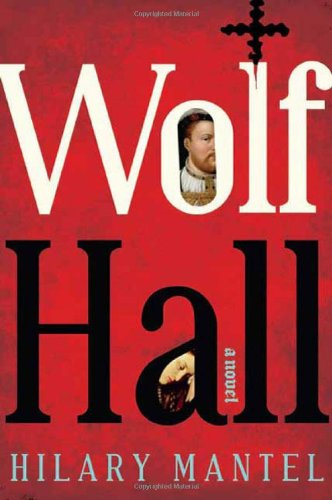
סופרת

סופרת

סופרת

סופרת




ספרים שאני צריכה להשיג כדי לשמח את אמא :) את רוב הספרים שכאן מחפשת גם באנגלית, כל עוד המהדורה בגודל 19 ס"מ לפחות. מוכנה להחליף תמורתם ספרים אחרים, יש לי את הרשימה הזו להחלפה: http://simania.co.il/showList.php?listId=16939 וחוץ מזה גם נקודות באתרי מטבעות משלימים כמו לב מרקט: http://bit.ly/VirtualCoins מחפשת את הספרים במצב חדש בלבד, משום שהם לצורך שמירה באוסף לאחר הקריאה, חשוב לי שלא יהיו מצהיבים/מלוכלכים/עקומים. נא לציין אם הם פגומים בכל צורה שהיא. אם מצאתם משהו דברו איתי בפרטי. מחפשת גם את כל הספרים של פליפה גרגורי באנגלית (גם אם הם לא ברשימה הזו)!
במקום לקנות חדש- בואו נחליף! אם יש ברשימה הזו ספר/ים שאתם רוצים, תשלחו הודעה פרטית באתר




ספרים שאני צריכה להשיג כדי לשמח את אמא :) את רוב הספרים שכאן מחפשת גם באנגלית, כל עוד המהדורה בגודל 19 ס"מ לפחות. מוכנה להחליף תמורתם ספרים אחרים, יש לי את הרשימה הזו להחלפה: http://simania.co.il/showList.php?listId=16939 וחוץ מזה גם נקודות באתרי מטבעות משלימים כמו לב מרקט: http://bit.ly/VirtualCoins מחפשת את הספרים במצב חדש בלבד, משום שהם לצורך שמירה באוסף לאחר הקריאה, חשוב לי שלא יהיו מצהיבים/מלוכלכים/עקומים. נא לציין אם הם פגומים בכל צורה שהיא. אם מצאתם משהו דברו איתי בפרטי. מחפשת גם את כל הספרים של פליפה גרגורי באנגלית (גם אם הם לא ברשימה הזו)!
במקום לקנות חדש- בואו נחליף! אם יש ברשימה הזו ספר/ים שאתם רוצים, תשלחו הודעה פרטית באתר